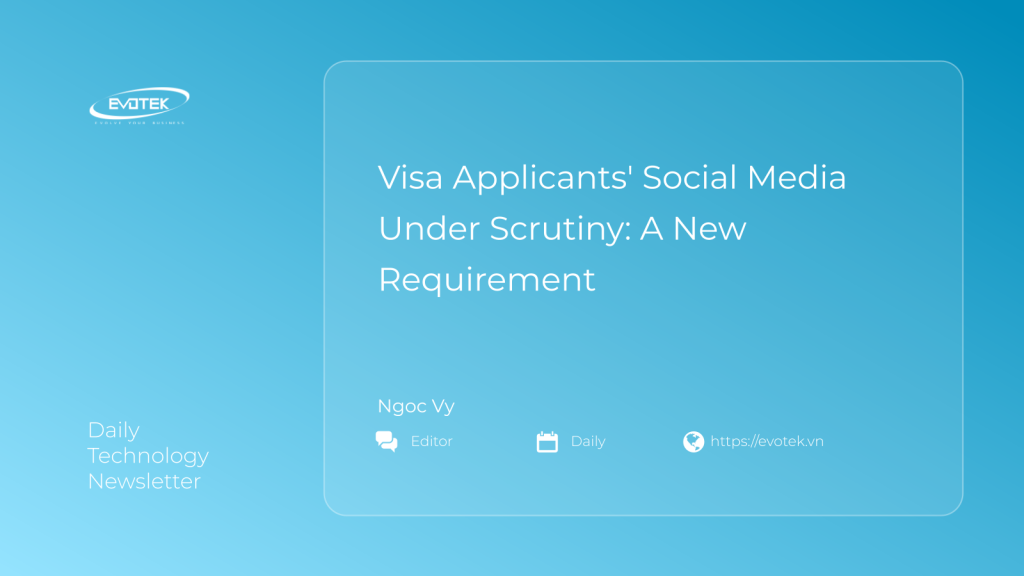Aspiring international students eyeing education in the United States face a new hurdle: the State Department now requires student visa applicants to make their social media accounts public. This policy shift aims to enhance security vetting procedures, ensuring a more comprehensive assessment of individuals seeking to enter the country for academic pursuits.
Why the Change?
The State Department emphasizes that this requirement is not about censorship or infringing on privacy. Instead, it’s a move designed to bolster national security. By examining publicly available social media content, officials hope to identify potential risks and ensure that those granted student visas align with the values and safety of the United States.
What This Means for Applicants
For prospective students, this means a careful review of their online presence is crucial. Content that promotes violence, hate speech, or any activity deemed detrimental to U.S. interests could jeopardize their visa application. It’s advisable to curate your social media profiles thoughtfully, ensuring they reflect your academic and personal integrity.
This new rule adds another layer to the already rigorous student visa application process. While some privacy advocates express concerns, government officials argue that it is a necessary measure to safeguard national security in an increasingly interconnected world.
Applicants should consult the official State Department guidelines for detailed information on this policy and other visa requirements. Preparing thoroughly and understanding these guidelines is paramount for a successful visa application.

 日本語
日本語 한국어
한국어 Tiếng Việt
Tiếng Việt 简体中文
简体中文